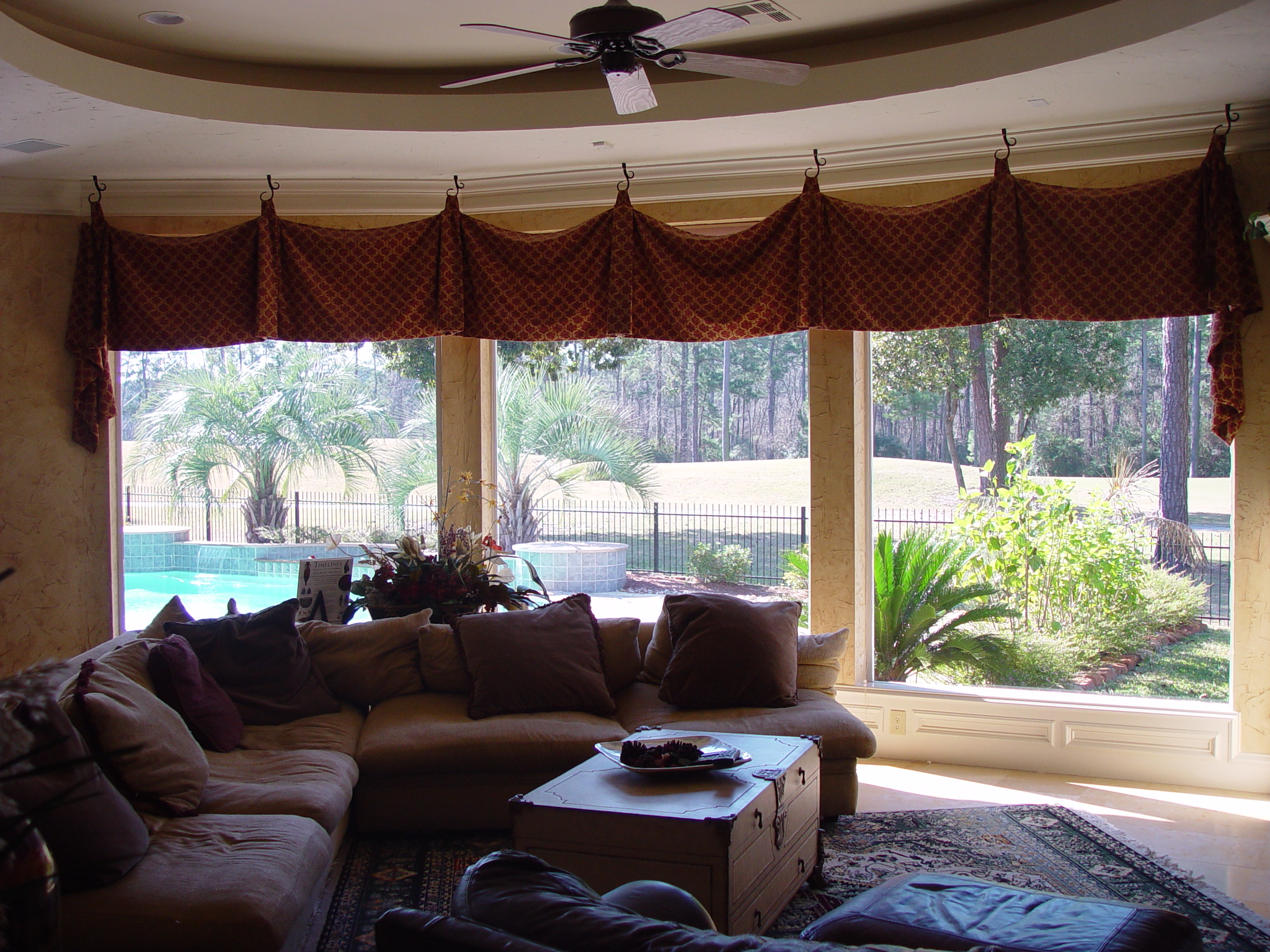Almost every season brings extreme temperatures that cause your energy bill to fluctuate. Whether you’re constantly running the AC or cranking up the heat, your HVAC unit is working overtime. What if we told you there was a way to keep the heat out in the spring and summer — and keep heat in when fall and winter arrive?
Window tint for your house or business can be the solution to your energy bill woes.
Window tint works by rejecting harmful infrared rays from entering your home. There are many benefits to window tinting, but there are also some myths that often stop people from investing. To help spread awareness about the advantages of window tint, we’ve debunked five of the common myths about this product.
The Dreaded 5 Myths of Window Tint
Window tint will cause damage to dual pane or Low-E glass.
False. Not all window films are compatible with dual pane of Low-E glass, but there are certain window films that are specifically designed for them.
To avoid thermal stress damage to the seals or glass, it’s important to install the correct type of film per glass type. Our highly-trained consultants use a glass compatibility chart to determine what will be the most successful tint for each type of glass.
Window tint won’t help with Low-E glass because it already reflects infrared energy.
False. If you install the proper window tint to Low-E glass (as mentioned previously), you can nearly double the effectiveness of infrared energy rejection.
With Low-E glass, you can apply lighter and clearer films that help maintain visibility and simultaneously reduce glare from the sun.
Since all window tint is the same, I should just buy a cheap brand.
False. Selecting a window tint isn’t as easy as simply choosing the one with the lowest price. Instead, you have to find a balance between price, heat, visibility, glare, shade, security, and aesthetics.
A professional window tint consultant can help you find that balance. Professional consultants are well-versed on the differences between window film technologies and can help you choose between Dual Reflective Technologies, Ceramic Nano Technologies, and Spectrally Selective Low-E films.
So, what’s the moral of this debunked myth? One-size does not fit all when you’re shopping for window tint.
Installing window tint will void my window warranty.
True. Mostly. While this is the only myth on our list that holds an inkling of merit, it really doesn’t hold up after some analysis.
To begin, it is true that most glass manufacturers will void warranties once window tint is installed. The good news? The voided warranty usually only applies to the glass, not the entire window.
Now you might say, “That sounds great, but I still don’t have a warranty on my glass in this scenario.”
Excellent point, but we have a solution. Simply ask your window film consultant if the product warranty can be extended to cover the glass as well.
If a window tint comes with a lifetime warranty, it’s guaranteed to be a quality product.
False. The quality of a lifetime product warranty all depends on who’s providing it. Window tint warranties are not actually provided by the manufacturer. Instead, it’s the installer hired by the manufacturer that’s responsible for the product warranty.
What does this mean for that guaranteed lifetime warranty? Well, it could be a potential pitfall for you, the consumer. If the installer is not a direct employee of the manufacturer, they may not be covered by the company’s insurance, which leaves you open to liability.
To circumvent this issue, competent window tint companies directly hires their installers. The benefits of this? Employed installers submit to background tests, drug screenings, and are covered by our corporate General Liability and Worker’s Compensation Insurances.
If you found this article helpful, feel free to check out AAA Window Solutions’ blog. We cover a variety of topics like window cleaning care, detailed analysis of window tint types, and even power washing best practices. Call or visit us if you have any questions or would like a free estimate for any of our services.

